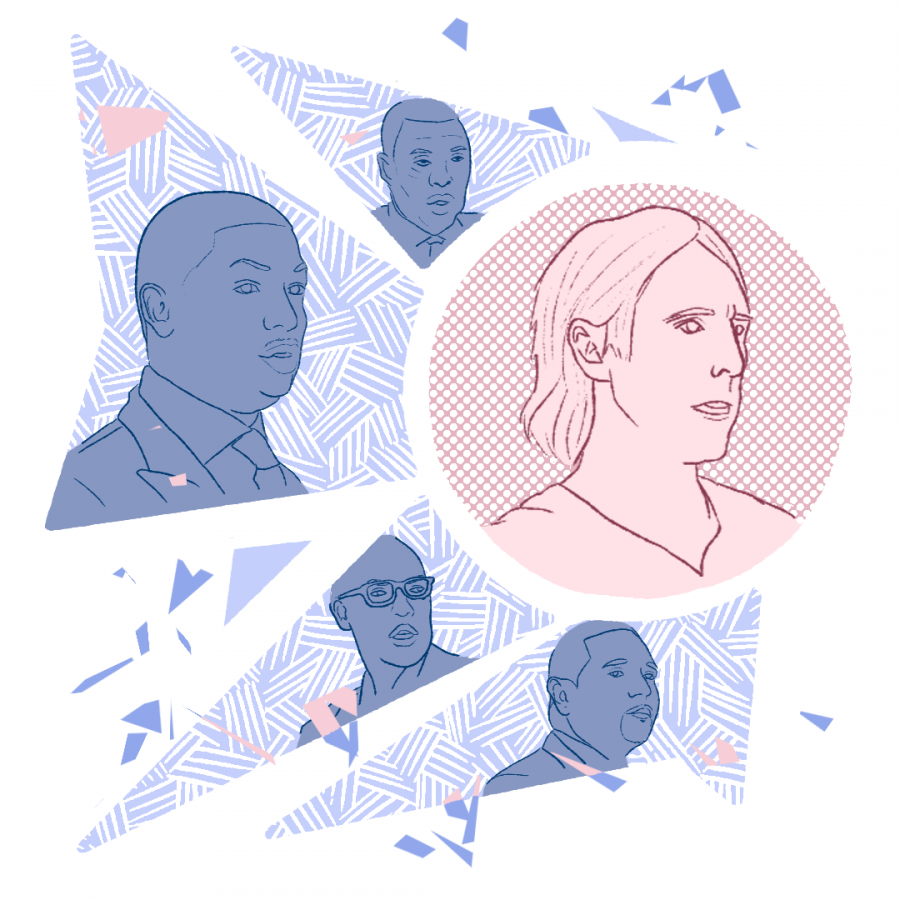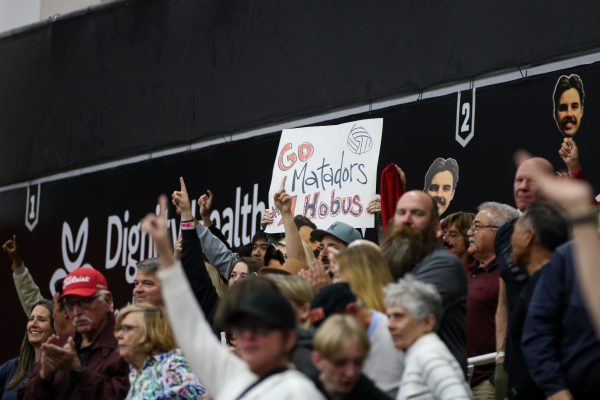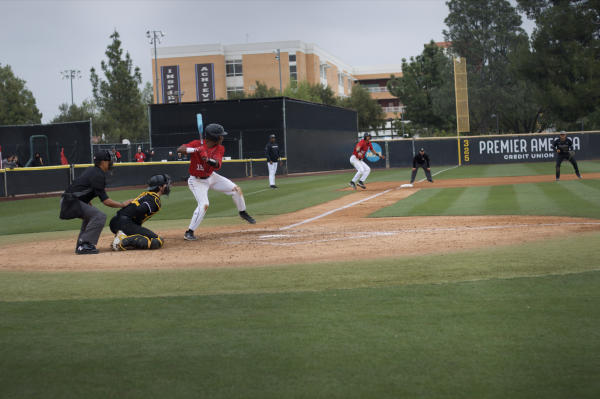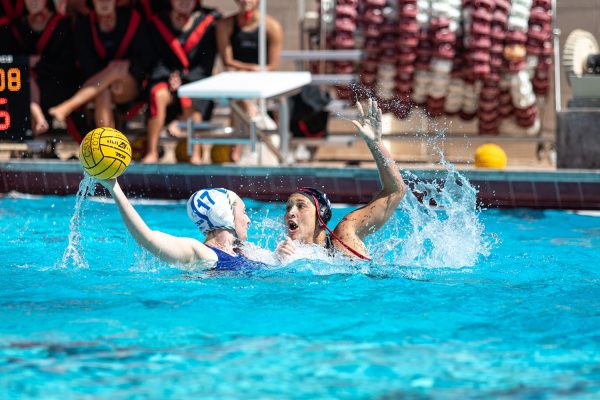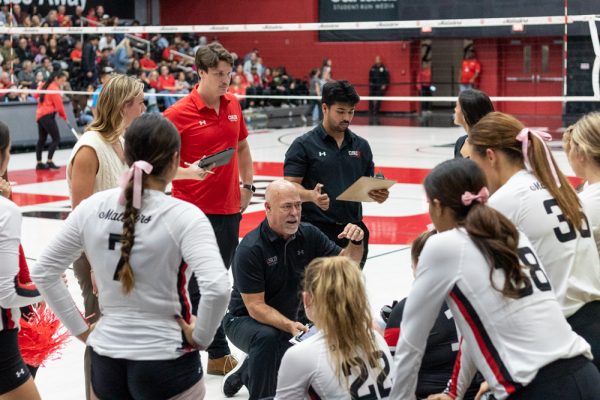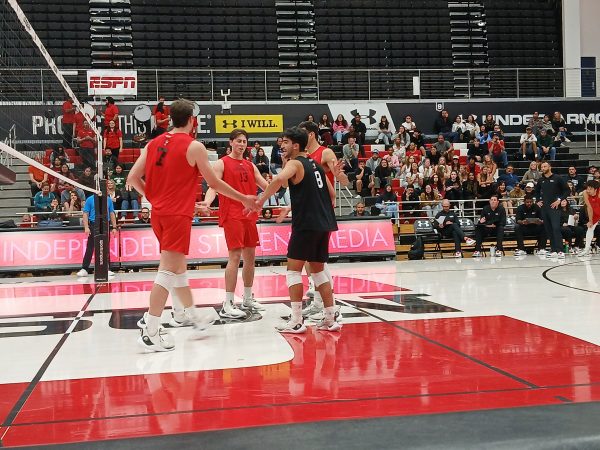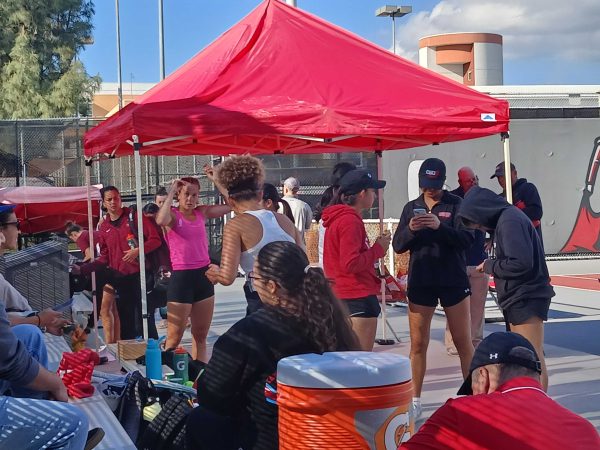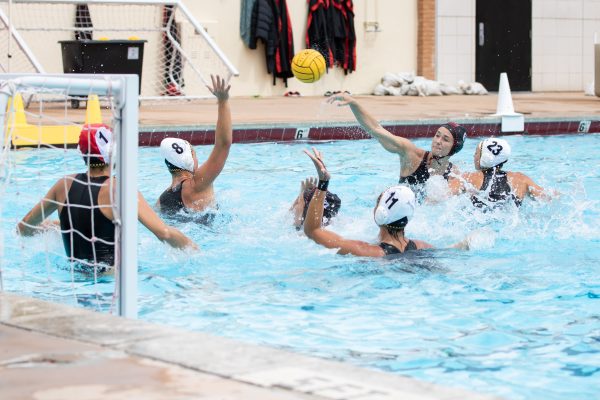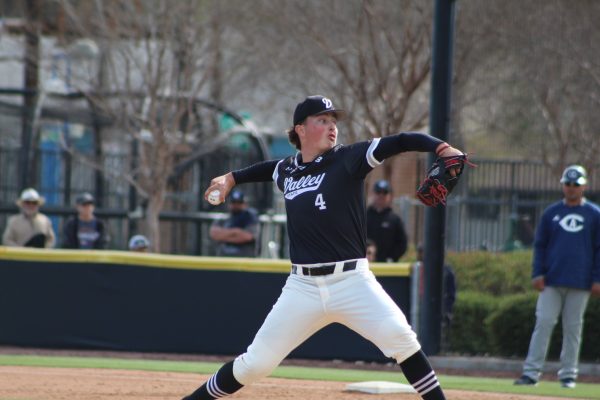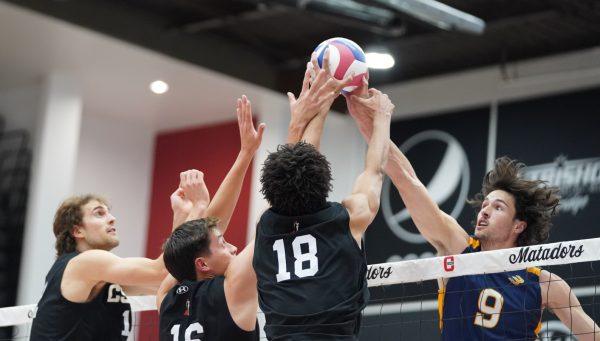What can the NCAA do to improve diversity in collegiate sports’ leadership hirings?
October 31, 2020
When it comes to coaching and executive opportunities, the NCAA has turned a blind eye in regards to creating opportunities for people of color and women. Due to the lack of intervention, university hiring processes led by chancellors and athletic directors have the final say in who they hire which has created biases during the hiring process.
The lack of diversity in collegiate sports is a topic that has popped up over the past few years. With the rise of protests against police brutality and racial inequality in America, the NCAA has once again come under fire for the perceived lack of a real attempt to create opportunities for the underrepresented in coaching.
The NCAA isn’t far behind the NBA and NFL in terms of diversity, where 93.8% of the head coaches are white. According to the NCAA, 85% of all head coaches and athletic directors during the 2018-2019 collegiate year were white.
In the Big West Conference that includes CSUN, the number of underrepresented in head coaching positions have been increasing slowly since 2012. According to NCAA data, the Big West Conference accounted for 27% of minority head coaches as well as 40% of assistant coaches in 2019.
“There will continue to be an issue as long as [athletic directors, presidents or chancellors] within these university systems who hire these coaches do not feel the need to bring a different perspective to their hiring practices,” said Richard Lapchick, a professor at University of Central Florida and human rights advocate. “The NCAA needs to mandate diverse candidates pools for the interview process with at least two diverse candidates being interviewed.”
Lapchick has been a leading advocate for creating opportunities for the underrepresented in sports since the 1970s. Over his career, he has created programs such as the National Consortium for Academics and Sports and the Center for the Study of Sport in Society at Northwestern University. Lapchick is the chair at the highly acclaimed DeVos Sports Business Management Program at UCF where he continues to lead the program in fighting for the underrepresented communities’ rights in sports.
The NCAA attempted to combat these issues in the past but to a certain degree. After reviewing data about the underrepresentation of people of color and women in college programs’ leadership positions in 2016, the NCAA introduced the Presidential Pledge, which allowed universities to sign a petition saying they recognize the lack of diversity.
However, the pledge serves as little more than an acknowledgment. According to NCAA data, 878 out of 1,111 universities in all three divisions — including CSUN — have signed the pledge.
“There is more work to be done,” the NCAA said in a statement. “Some numbers are moving in the right direction, and many schools and conferences have signed the NCAA Presidential Pledge. It is imperative that senior officials maintain intentional and inclusive hiring practices in athletics.”
The NCAA could take a lesson from the NFL, which historically had a problem with the lack of minority coaching opportunities, but has tried to answer it with a solution that is actively enforced. In 2003, the NFL passed the Rooney Rule which requires that all NFL teams interview at least one person of color for open head coaching and general manager positions.
Over the years, the Rooney Rule, named after the late Pittsburgh Steelers owner Dan Rooney, expanded to also require teams to interview women for executive positions as well. Even though the Rooney Rule was supposed to squash the idea of bias hirings in sports, it faced some pushback. In May, a controversial amendment was proposed that would have compensated teams with draft picks for hiring underrepresented individuals into executive positions. It was voted against by a majority of NFL teams.
“I continue to be an advocate for the NFL’s Rooney Rule and I continue to encourage the NCAA to develop the Eddie Robinson Rule and the Judy Sweet Rule,” Lapchick said. “Both are designed to improve and diversify the racial and gender hiring practices in college sports.”
The Eddie Robinson Rule would require universities to interview one minority for a coaching position while the Judy Sweet Rule would require the NCAA headquarters and Division I schools to interview women and people of color for executive and coaching positions. Both rules were introduced by Lapchick.
“Incorporating these rules would put the NCAA at the forefront of diversity and inclusion and become a model for the sports industry, and even corporate America,” Lapchick said.
